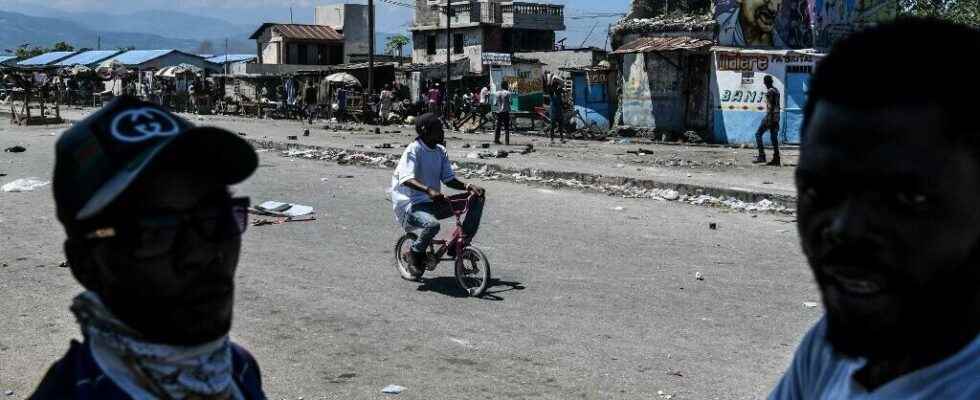In Haiti, kidnappings and shootings are now daily in the country and particularly in Port-au-Prince. At the beginning of July, rival gangs clashed violently in the north of the capital, in Cité Soleil. The UN speaks of at least 471 people killed, injured or missing.
After deploring 234 people killed or injured during the violence in Cité Soleil, the UN has revised the toll upwards. In just ten days, from July 8 to 17, nearly 500 people were victims of gang warfare. The balance sheet remains imprecise as to the number of inhabitants killed or injured, but the extent of the violence leaves no doubt. And the UN deplores this situation all the more that sexual crimes have also been committed against girls and women in Cité Soleil, and young boys have been forcibly recruited by the gangs.
In this municipality, the poorest in the metropolitan area, 3,000 people were forced to flee their homes, their neighborhood having become the scene of this war between armed gangs. And among this new wave of internally displaced persons, the UN lists several hundred unaccompanied children.
For more than two years, gangs who enjoy widespread impunity have extended their territorial hold beyond the slums of the Haitian capital and are increasing the number of villainous kidnappings. The United Nations calls maintaining a humanitarian corridor to Cité Soleil where access to health care is limited if not non-existent and where water and food are lacking.
Since the start of this outbreak of violence, Prime Minister Ariel Henry has not yet spoken on this situation which has deeply bereaved part of the capital. Haiti is mired in a political crisis resulting from the last elections, held at the end of 2016. The assassination of President Jovenel Moïse by an armed commando at his home, on July 7, 2021, has profoundly aggravated the situation.
